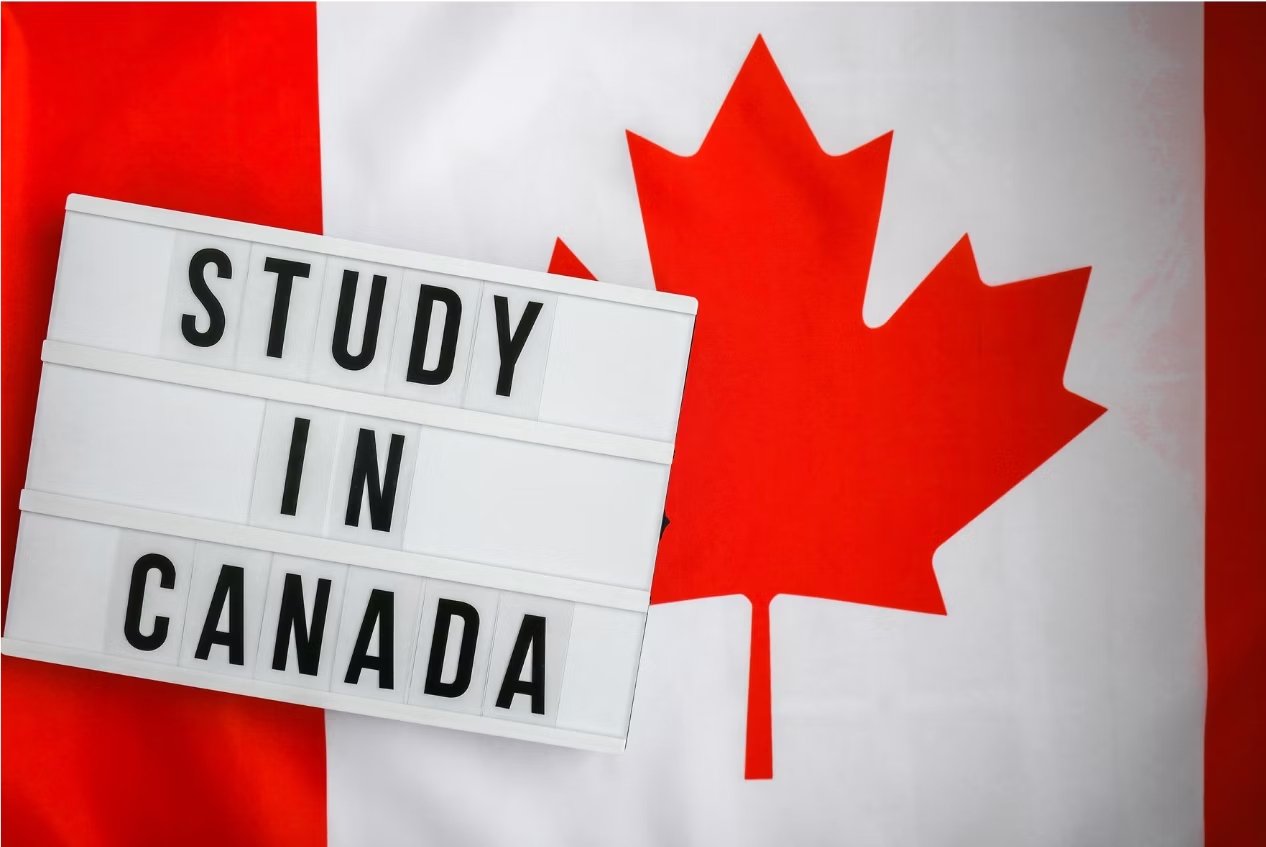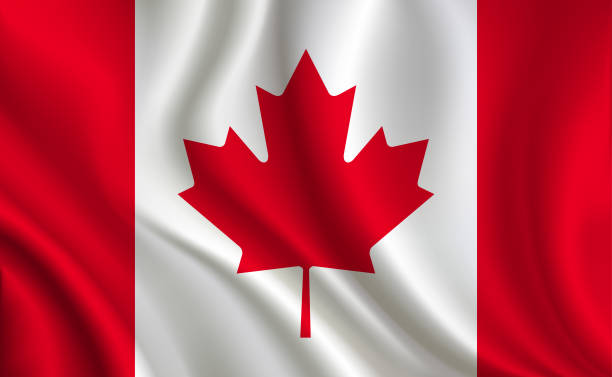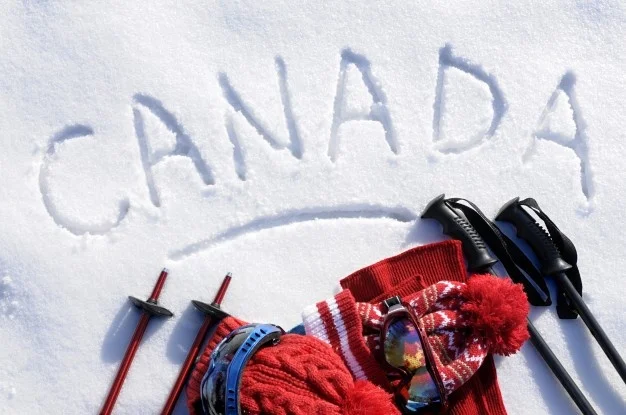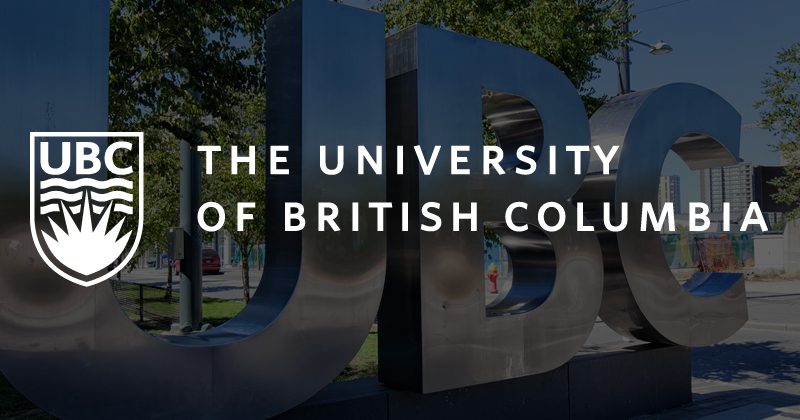
If you’re an Indian student aiming for high-impact research, globally respected degrees, and long-term career prospects in Canada, the U15 Group of Universities should be at the top of your list.
These are Canada’s most prestigious public research-intensive universities — comparable to the Ivy League or the Russell Group — offering excellent pathways for postgraduate studies, PhDs, and research-oriented undergraduates.
What Is the U15 Group of Universities?
The U15 is a collective of Canada’s top 15 research universities, representing:
- 80%+ of Canada’s university-based research
- A high share of international postgraduate enrollment
- Exceptional global rankings, faculty, and labs
These institutions produce the majority of Canada’s scientific output, innovations, patents, and doctoral graduates — making them magnets for Indian students interested in STEM, healthcare, policy, social sciences, and advanced degrees.
List of U15 Group of Universities in Canada (2025)
| University | Province | Specializations |
|---|---|---|
| University of Toronto | Ontario | Business, AI, Engineering, Life Sciences |
| University of British Columbia (UBC) | British Columbia | Environmental Studies, Forestry, Computer Science |
| McGill University | Quebec | Medicine, Liberal Arts, Public Policy |
| University of Alberta | Alberta | Energy, Engineering, Pharmacy |
| McMaster University | Ontario | Health Sciences, Biomedical, Engineering |
| University of Montreal | Quebec | Neurosciences, AI, French-medium research |
| University of Ottawa | Ontario | Bilingual programs, Public Law, Health |
| Western University | Ontario | Business (Ivey), Psychology, Economics |
| University of Calgary | Alberta | Petroleum Engineering, Business Analytics |
| University of Waterloo | Ontario | Co-op Programs, Computer Science, Quantitative Finance |
| University of Manitoba | Manitoba | Agriculture, Indigenous Studies, Health Sciences |
| Dalhousie University | Nova Scotia | Marine Science, Dentistry, Law |
| Laval University | Quebec | Sustainable Dev, French-medium PG programs |
| Queen’s University | Ontario | Mining, Business, Law, Public Health |
| University of Saskatchewan | Saskatchewan | Food Security, Agriculture, Veterinary Medicine |
Why Indian Students Choose U15 Universities
| Advantage | Why It Matters |
|---|---|
| Top QS Rankings | Most U15 schools rank in the top 250 globally |
| Strong Post-Study Outcomes | Easier PGWP → PR transitions |
| World-Class Research | Labs, grants, PhD pathways, AI/ML clusters |
| Industry Partnerships | Especially in energy, tech, healthcare |
| Scholarships & Assistantships | Many funded master’s and doctoral programs |
| Vast Indian Alumni Network | Mentorship, cultural continuity, post-grad support |
U15 vs Non-U15: What’s the Difference?
| Feature | U15 Universities | Other Canadian Institutions |
|---|---|---|
| Research Focus | High | Moderate |
| Faculty Publications | Extensive | Less frequent |
| Scholarships & Funding | More research grants, GAs, TAs | Limited to coursework-based merit aid |
| PR Recognition | Higher job + visa visibility | Depends on location/program |
| Reputation | Internationally ranked | Varies by program/institute |
Top U15 Programs for Indian Students
| Field | Popular U15 Institutions |
|---|---|
| Computer Science & Data | Waterloo, Toronto, UBC, Alberta |
| MBA & Management | Toronto (Rotman), Western (Ivey), McGill (Desautels) |
| Engineering | McMaster, Calgary, Saskatchewan, UBC |
| Medicine & Public Health | McGill, McMaster, Ottawa, U of T |
| Environmental Studies | UBC, Dalhousie, Laval |
| Law & Policy | Queen’s, McGill, Ottawa, Western |
| Artificial Intelligence | U of T, Montreal (MILA), Alberta |
U15 Group of Universities Tuition Fees for Indian Students
| Degree Level | Annual Tuition (CAD) | Approx. INR |
|---|---|---|
| Undergraduate | CAD 25,000–45,000 | ₹15–₹27 lakhs |
| Master’s | CAD 18,000–40,000 | ₹11–₹24 lakhs |
| MBA (select U15) | CAD 45,000–75,000 | ₹27–₹45 lakhs |
| PhD (with funding) | Often Fully Funded | Stipend + tuition waiver |
Most research-based PG programs at U15 schools offer scholarships, teaching assistantships, or stipends, especially for strong academic profiles.
Post-Study Work & PR Pathway for U15 Graduates
- PGWP: Up to 3 years for programs longer than 2 years
- PR Eligibility: Canadian Experience Class or PNP routes
- U15 reputation: Often prioritized by employers and immigration officers
- High employability: 90%+ within 6 months in many PG programs
You Might Also Like: Study Abroad in Canada: Indian Student Guide
Language & Entrance Requirements
| Requirement | Details |
|---|---|
| IELTS | 6.5–7.5 (min 6.0 in each band) |
| TOEFL iBT | 88–100+ |
| GRE / GMAT | Needed for MS/PhD (some fields) or MBA |
| Academic % | 75%+ preferred in undergrad; 85%+ for scholarships |
| Research SOP | Crucial for PG/PhD applications |
Admitix Can Help You Get Into a U15 University
At Admitix, we’ve helped Indian students gain admission into top-tier Canadian universities like Toronto, UBC, and McGill — even with mid-range scores or non-traditional backgrounds.
From research-aligned SOPs and professor outreach to funded master’s options and step-by-step GIC and visa support, we’re with you throughout your U15 journey.
Book your free consult today!
FAQs – U15 Group of Canadian Universities: Indian Student Guide
Q. Are U15 universities better than regular colleges in Canada?
Yes. They offer stronger research, global rankings, and better career + PR outcomes.
Q. Do I need GRE for U15 programs?
Some STEM and research-based master’s or PhD programs may require GRE, but not all.
Q. Can I get scholarships at U15 universities?
Yes. Research-based programs often come with TA/RA positions or full funding.
Q. Is U15 only for PhD-level students?
No. Undergraduates and master’s applicants are welcome — especially if research-inclined.
Q. Which U15 schools are most affordable?
Dalhousie, Saskatchewan, and Manitoba offer relatively lower tuition and cost of living.















